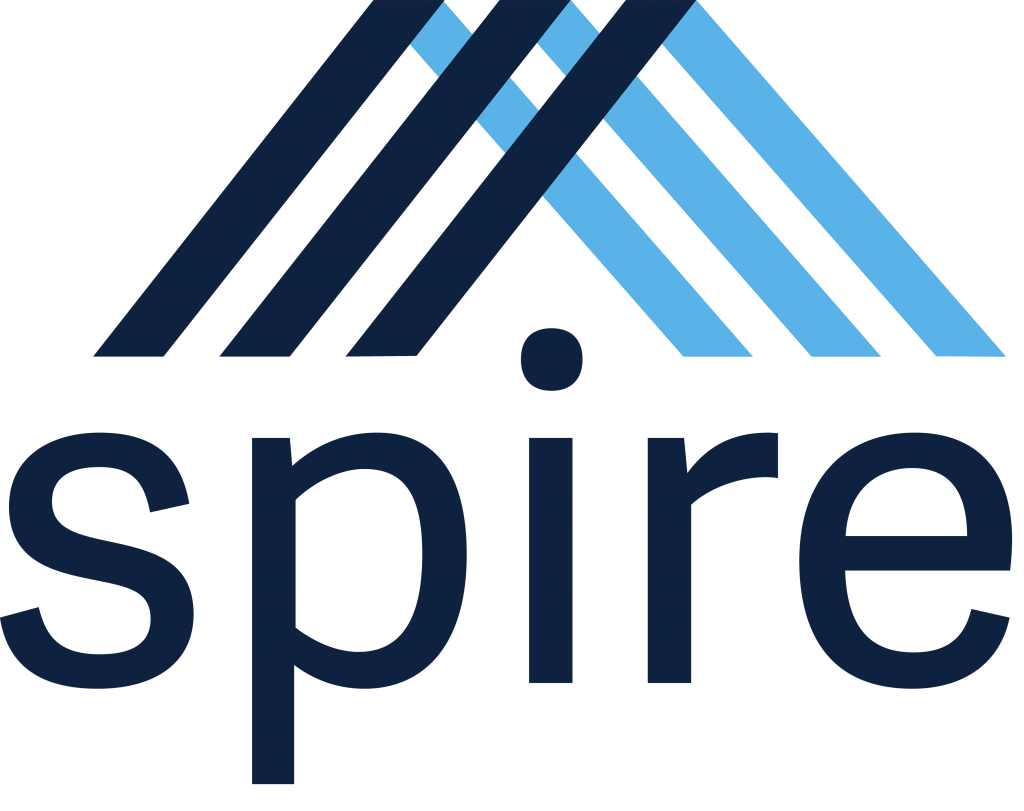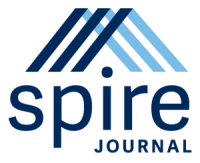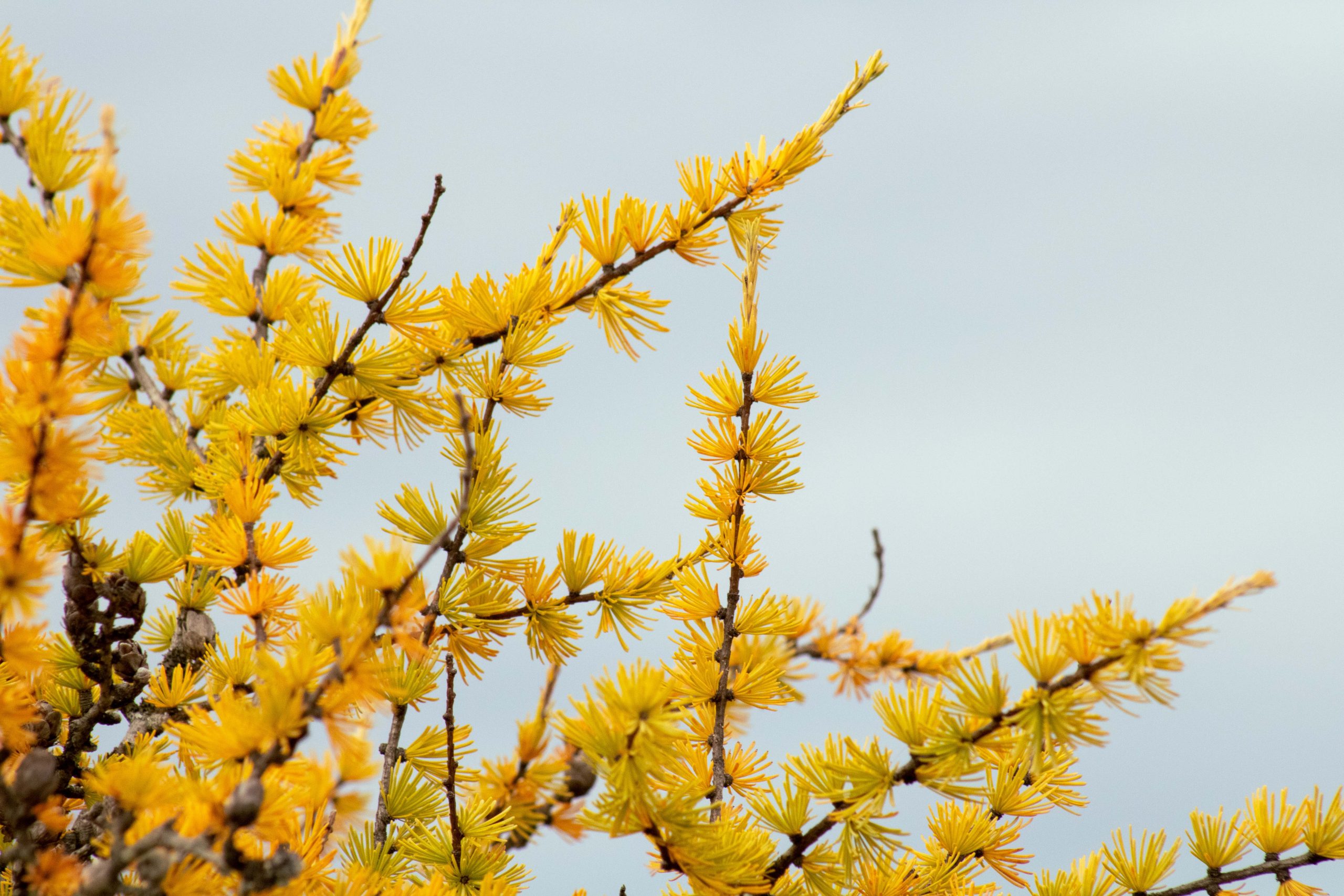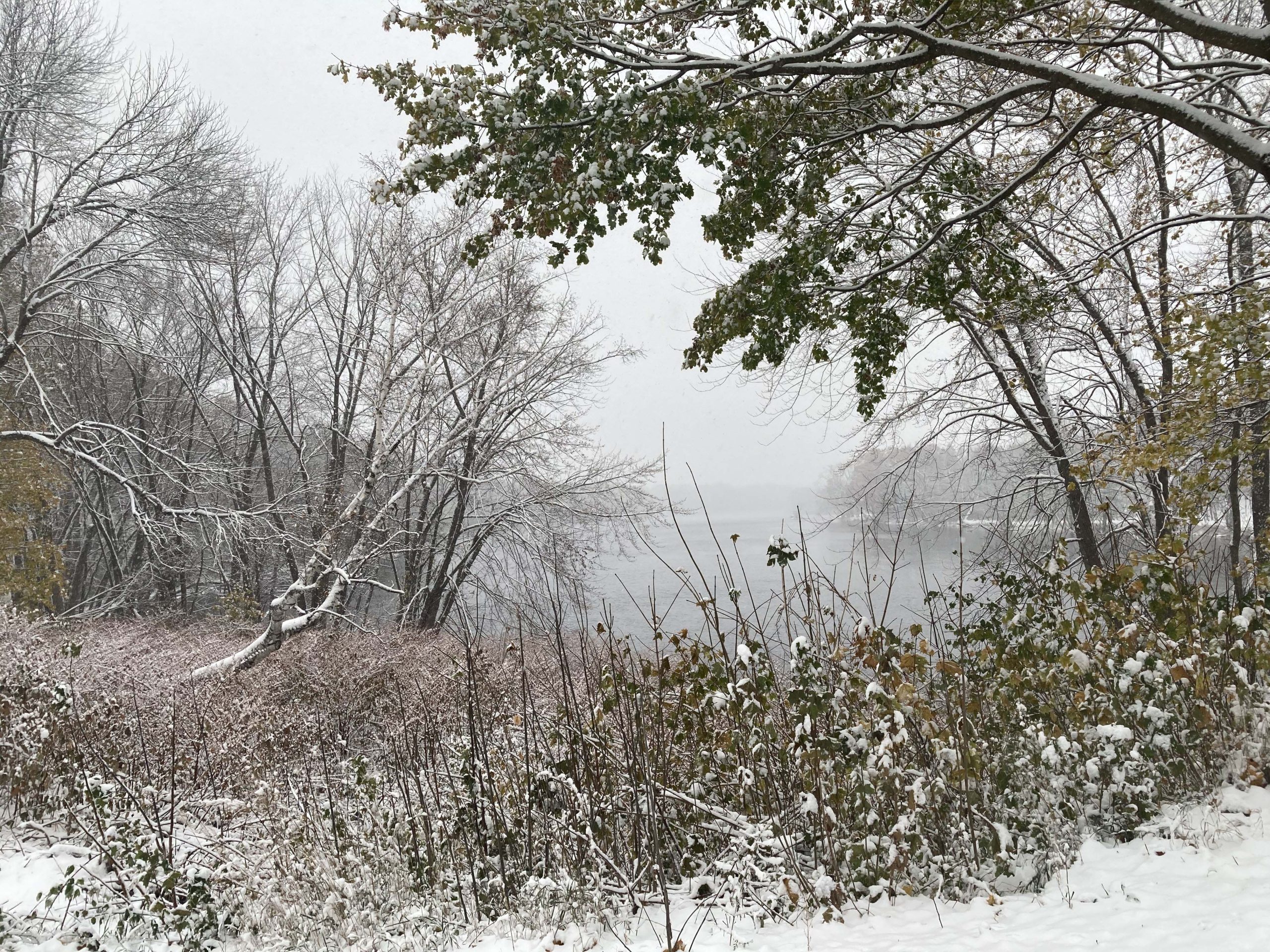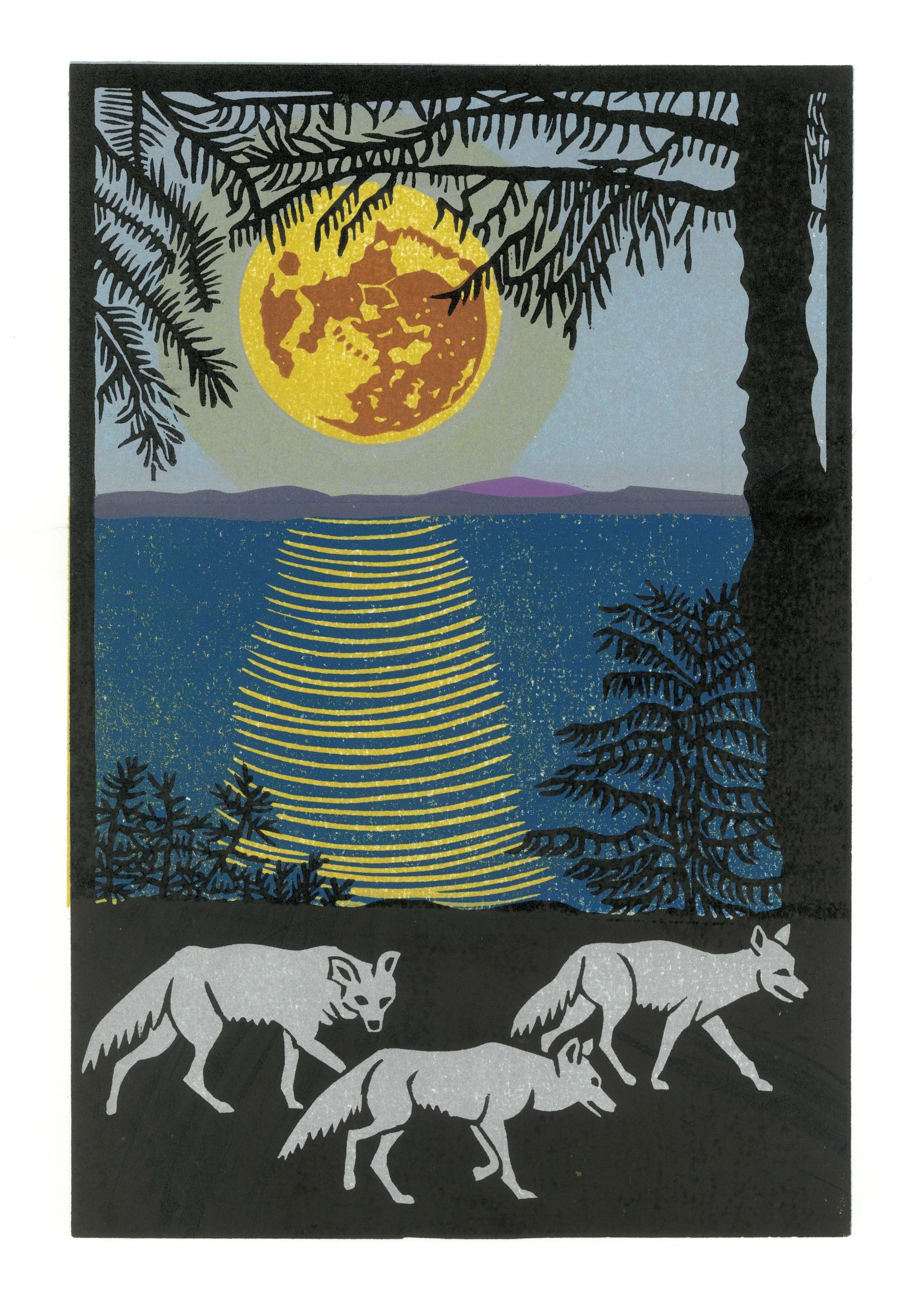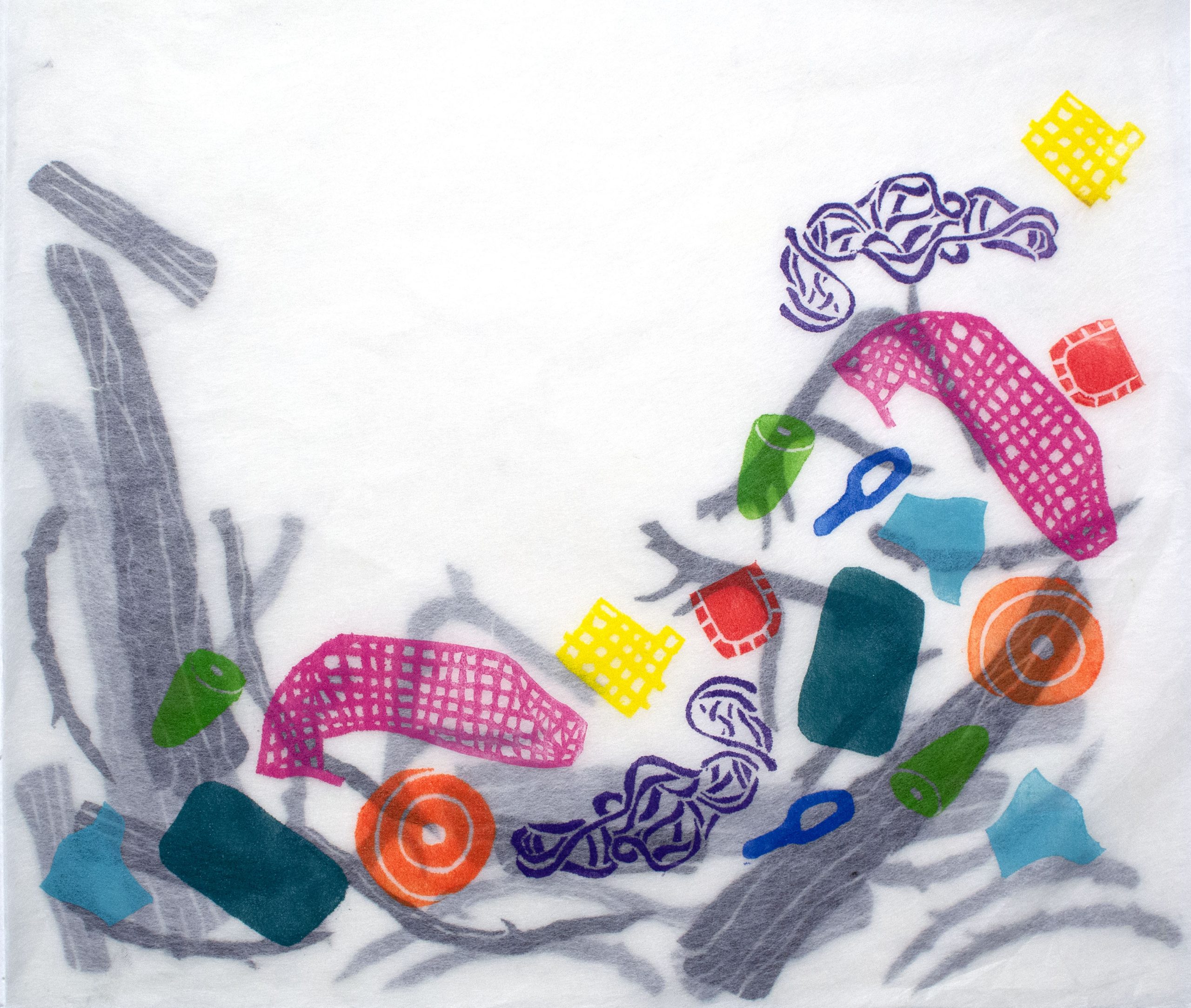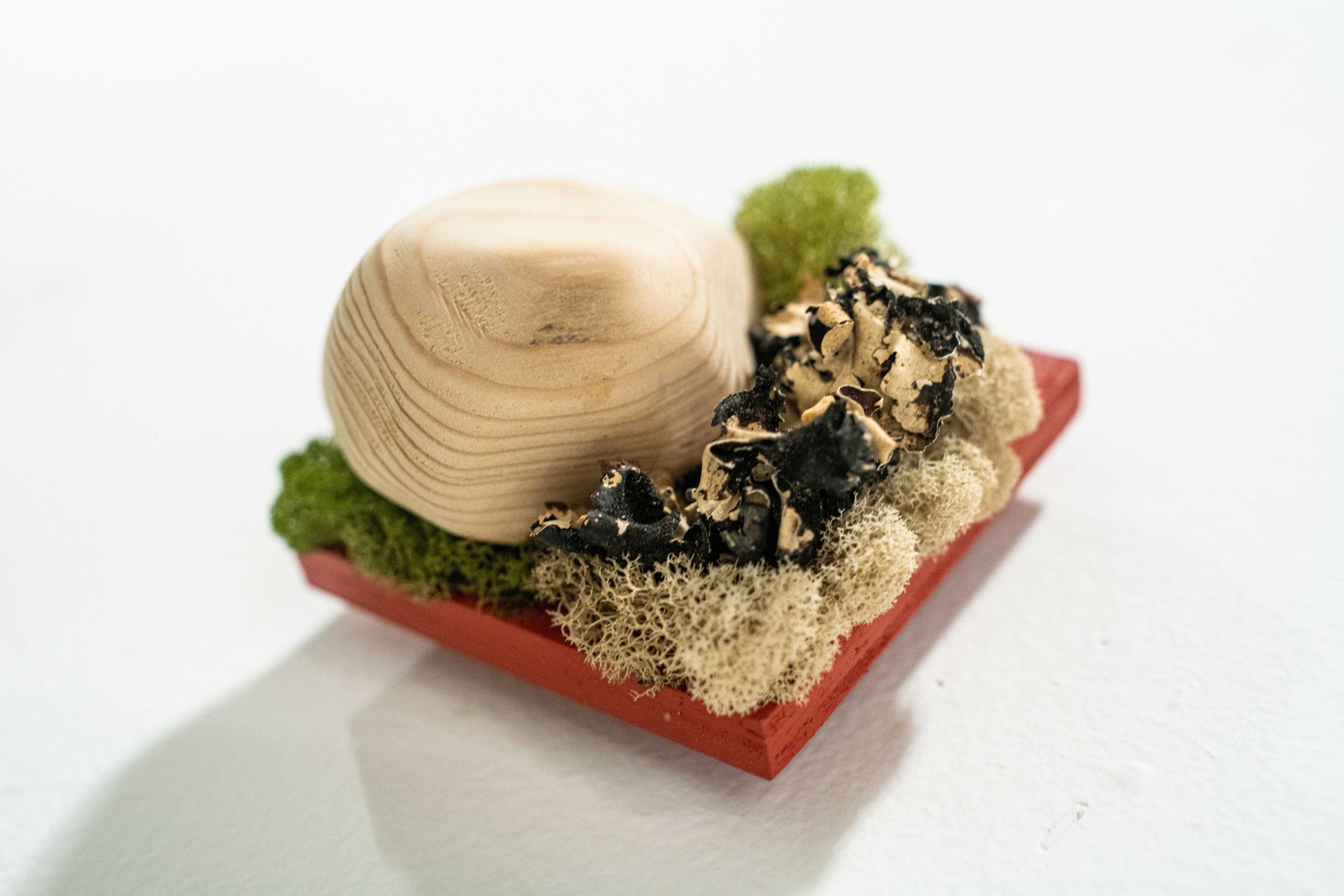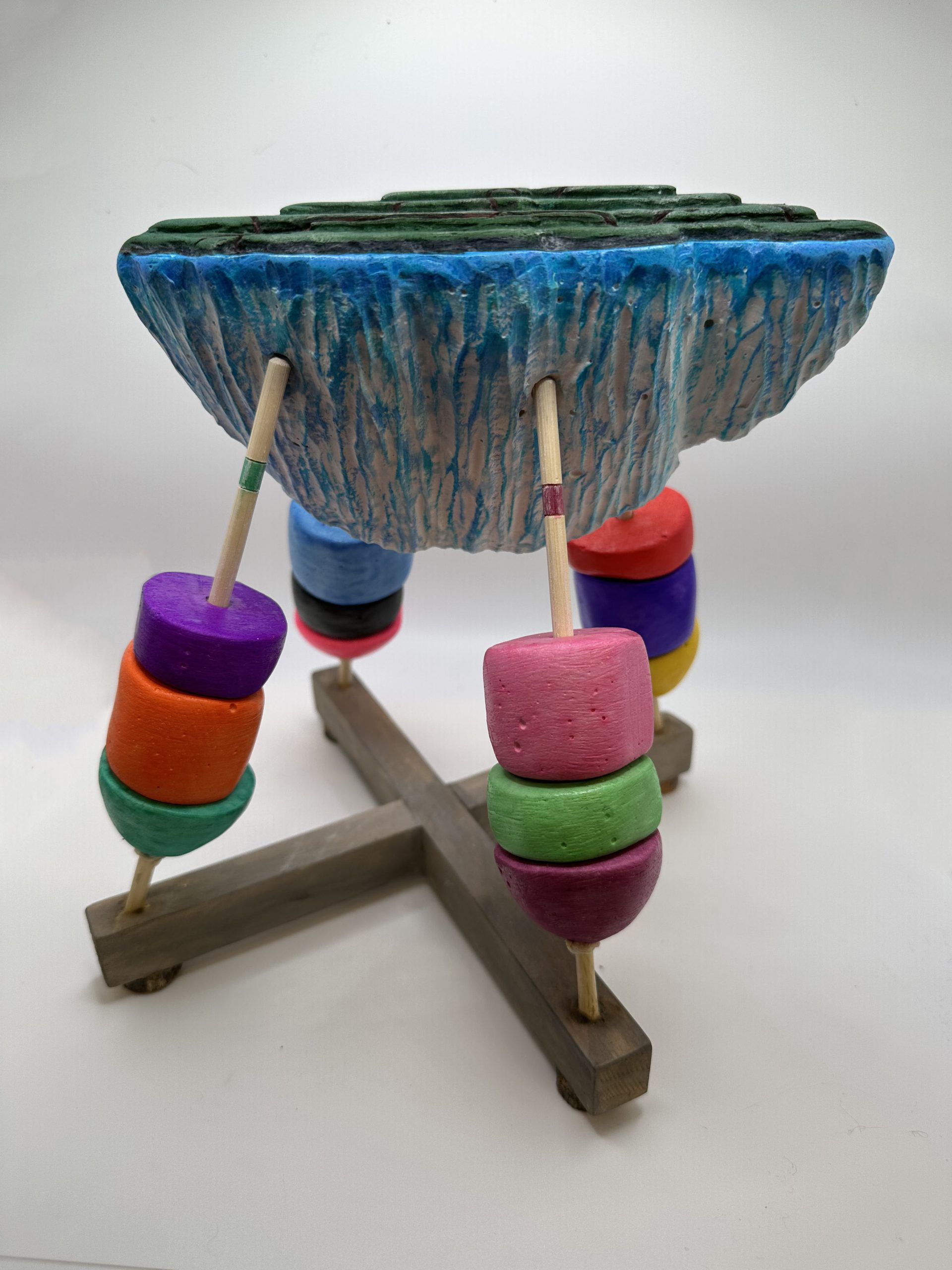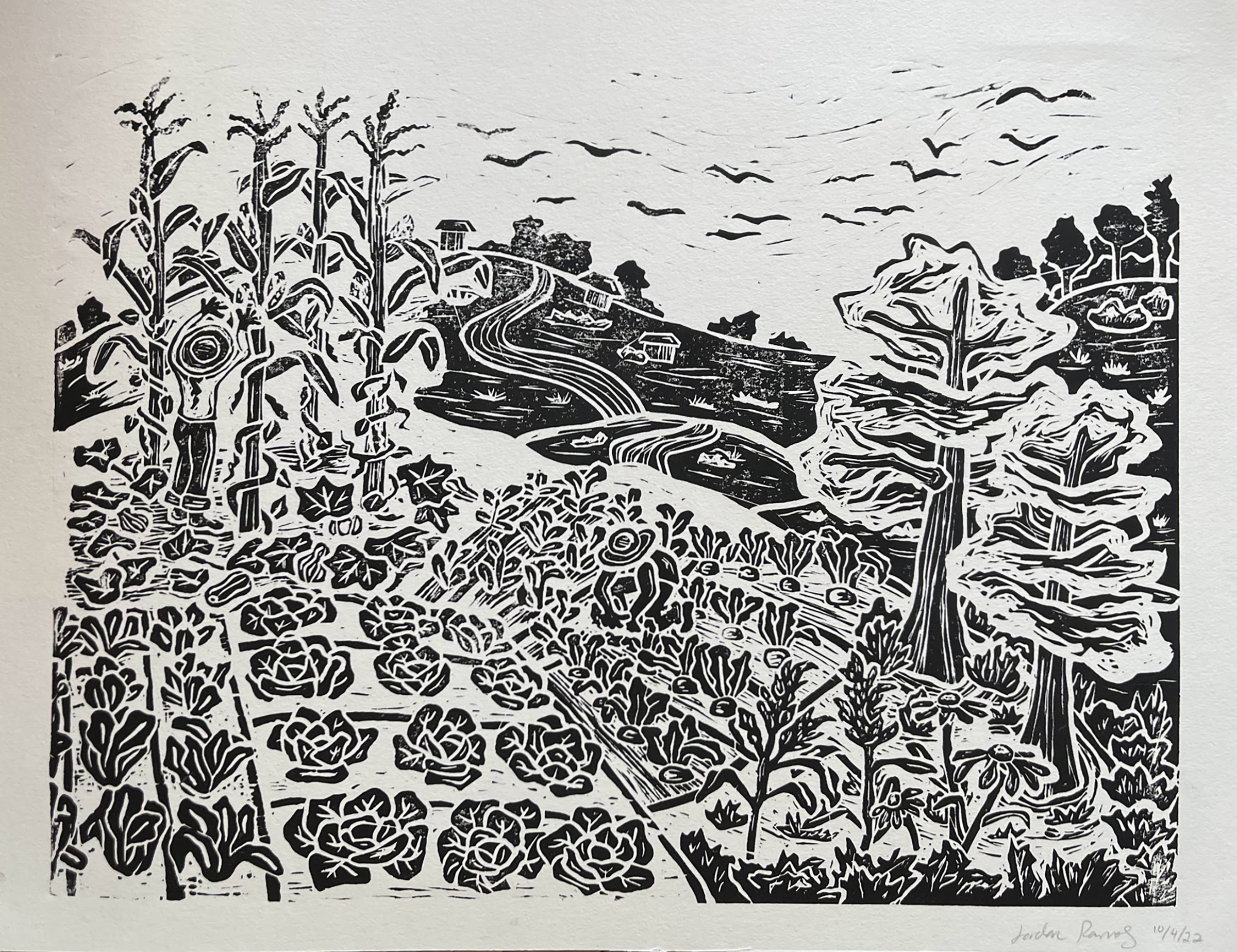Spire Issue 2023
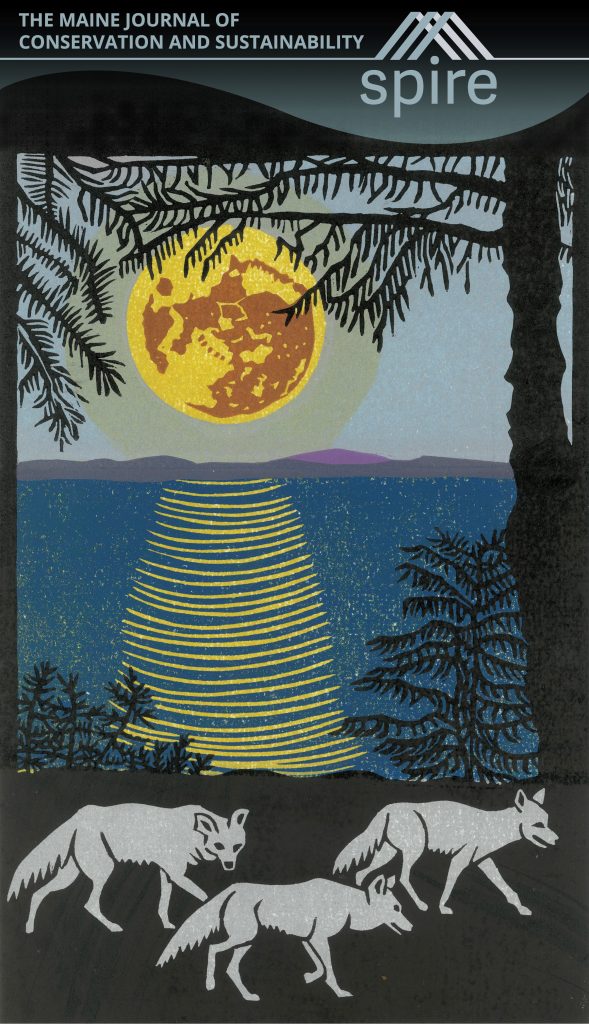
Art & Poetry Series: Stellar field 1, Night
Tanja Kunz

Back in the beginning, when the world exploded,
the winged,
the two and four legged,
the rooted and the swimming,
we were all specks, suspended in the galaxy.
Tiny lights, they say.
Around then, or not long afterwards, gravity came to be…
Continue Reading
Poetry Series: How I Become a Place; I, You, They, Us, We
John Paul Caponigro
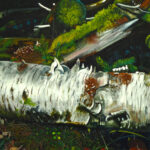
I eat my home.
I eat my yard.
I eat the place I live.
I put down roots by putting roots in me.
They say we replace the cells in our bodies every seven years.
That means this place has grown me many times over…
Continue Reading
Art & Poetry Series: 4 Great Blues, Great Blue; Caw-Caw-Caw, Luster; and more.
Leslie Moore

Aegolius acadicus
So small he makes two meals
of a field mouse, yet his
beeeep
beeeep
beeeep
like an 18-wheeler backing up
carries for half a mile.
Once I heard one call
from a cabin on the coast…
Continue Reading
“All Flourishing is Mutual”: Modeling Human Societies after Mutual Aid in Natural Ecosystems
Tamra Benson
We are here to heal each other. We are here to honor our relationship and responsibility to the land and each other, to minimize suffering and maximize joy, and to work for the collective healing and liberation of the planet and its people. The way our economies currently function is extremely harmful to the planet and people, especially poor and marginalized communities…
Continue Reading
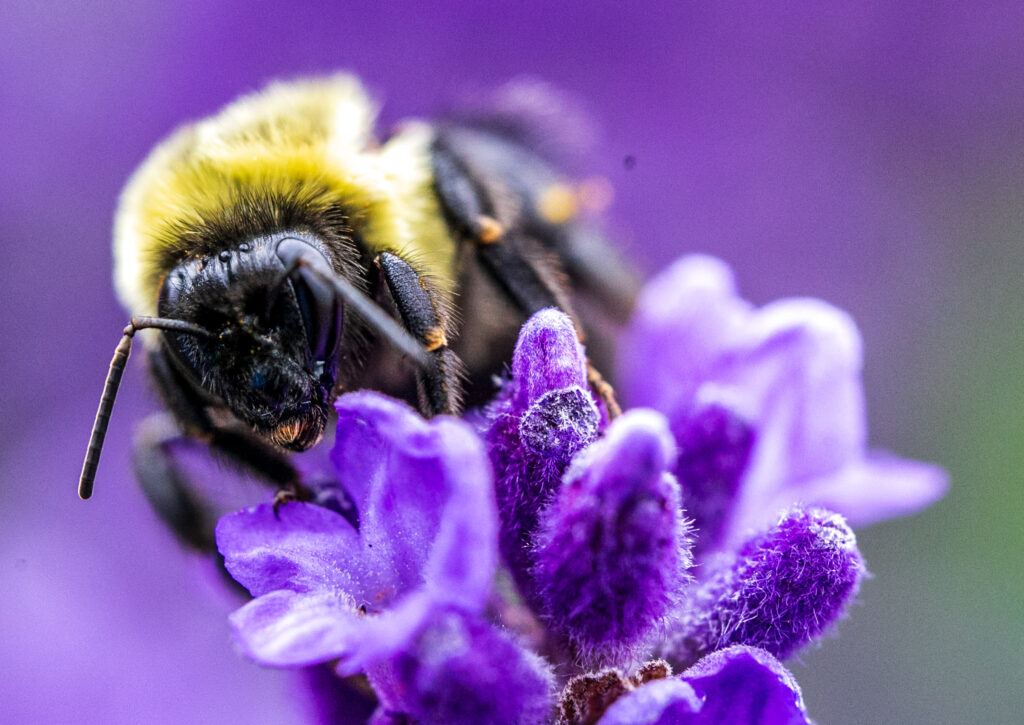
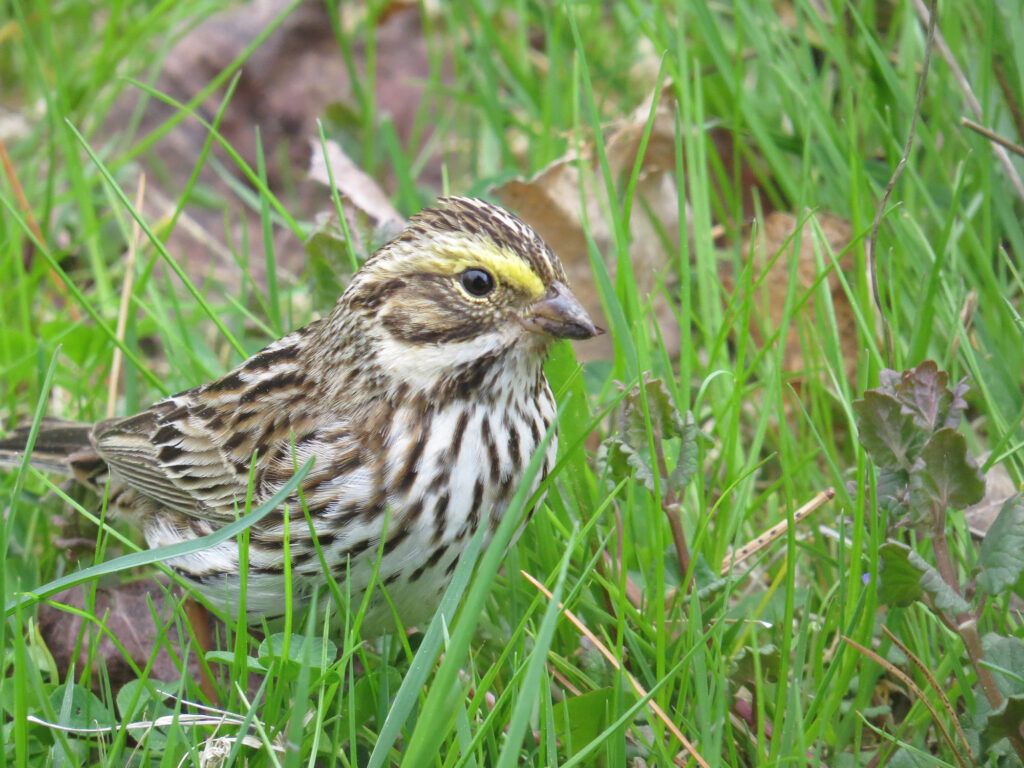
Alice Hotopp
The morning before, the nest had been full of fat, begging chicks. At six days old, they had grown large enough to be nearly spilling over the nest’s strained, woven-grass walls. Their bellies were soft with newly unfurled feathers, and plastic-y sheaths still covered the growing flight feathers on their wings. When I had peeked into the nest they begged for food, chirping and gaping their tiny bills. The puddles on the marsh floor were wide and deep but the nest was still dry, perched in a tangle of grasses just above the water. Then last night, with the onset of the full moon, the tide rose high enough to sweep cold seawater over the marsh…
Continue Reading
Lucia Owen
We keep bumping into bears
invading our habitat.
Tentacled twining suburbs,
rich and fragrant garbage cans
and the sweet greasy smell of burgers
dripping fat onto charcoal
lure bears.
For our own safety we vote to extend
black bear hunting by a month…
Continue Reading
Tom Lagasse
A sour fog permeates the entire second floor
of St. Ann’s School and lingers
with foreboding.
Is this what death smells like?
Several classmates gag and bolt.
Under banks of cold fluorescent lights, Sister Theresa pries
open the white plastic buckets…
Continue Reading
Kathleen Spear
I was made to smile. I have big, soft eyes and a neatly sewn smile that covers my whole face. I have floppy ears. I have limp arms and a flimsy body with a long, fluffy tail. Cheap, faux fur covers me from head to toe. I am a myriad of bright colors that are regarded with pleasure. I was made to smile.
And smile I must, as I look down at the endless tiled floor from my perch on a shelf midway down aisle seven of supermarket 53…
Continue Reading
Web of Life and Death
Allan Lake
If my car is idle for a couple days,
ambitious spiders create competing
empires in uninhabited valleys between
bumper and side panel or where seldom
used rear door meets rear panel and even
within springy trapdoor that opens
to allow my car to drink fossil fuel…
Continue Reading
Matt Bernier
As an attorney, he always began with the facts—
how many salmon he’d caught and their lengths—
but after the first scotch the Maritime rivers
turned mystical, infused with dancing golden light,
on summer solstice…
Continue Reading
Will Reid
This is about a “renewed wilderness” that existed only briefly as such and is now gone. Even though it is presently considered “preserved,” the area is too accessible and heavily visited for anyone to experience what we did in 1959 and 1960.
Steve Bunker of Bucksport and I became good friends while at Bowdoin and shared many fishing and hunting adventures during 1956-1960. Two that stand out in my memory, however, are the fishing trips we took in May of 1959 and 1960 to Eagle Lake in Piscataquis County. Back then there was no I-95 to go north from Brunswick on nor were there any roads in Maine that we could take directly to the lakes at the head of the Allagash…
Continue Reading
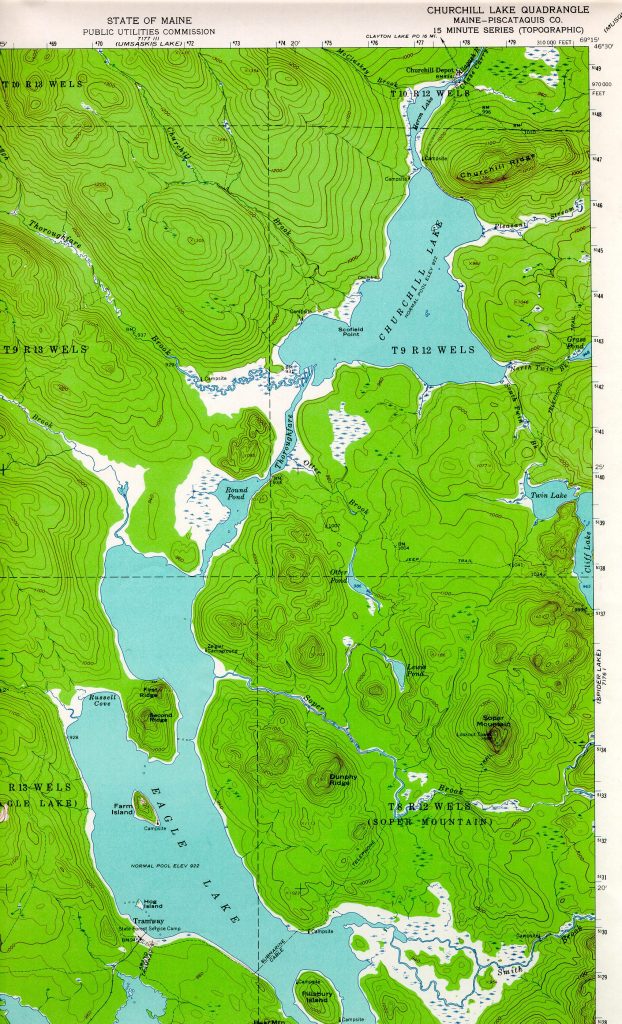

Tovin Gordesky-Hooper
When a market economy is introduced into an area, the local population is incentivized to stop contributing to the commons because this economy predominantly rewards the production of goods for sale: “Under this fundamentally new economic order goods are bought and sold, not shared” (Johannes 1978, p. 356). The free-market economy can increase demand for resources, creating a stronger incentive to put one’s energies into gathering and producing goods for sale. In a free market economy, the exchange of goods is based on supply and demand, with the assumption that more income and goods improve everyone’s quality of life. However, the free market economy also shifts time and effort away from the commons…
Continue Reading
Sara Delaney, Beth Jackson, Anna Olsen, and Paulina Torres
Causes of anthropogenic climate change must be addressed at all resource management levels; individual, local, state, national, and global. The atmosphere, one of the most influential components of Earth’s climate system, is experiencing a rapid increase in greenhouse gas concentrations. Climate systems cannot be easily contained or controlled by one ruling authority, yet they must be protected and managed on a global scale. One option is to manage shared resources as a commons…
Continue Reading

Sydney Read

When death comes
and if I’m lucky
I’ll go back to the water.
I’ll become a whale.
Watch me slip, steady
Out and Into
the great blue…
Continue Reading
Sass Borodkin
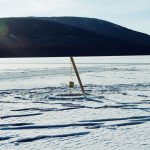
Winter: the slow blink
of light returning.
The lid opening
so sluggish
we hunker into the darkness,
praying toward the thaw,
aching to tell the sun
how grateful we are…
Continue Reading
Christopher Gardner
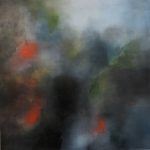
I went to the zoo today
to see the first wooly mammoth born
in the 21st century.
They had him
in a special, too-small
Enclosure
away from the other elephants
because they had tried to kill him…
Continue Reading

